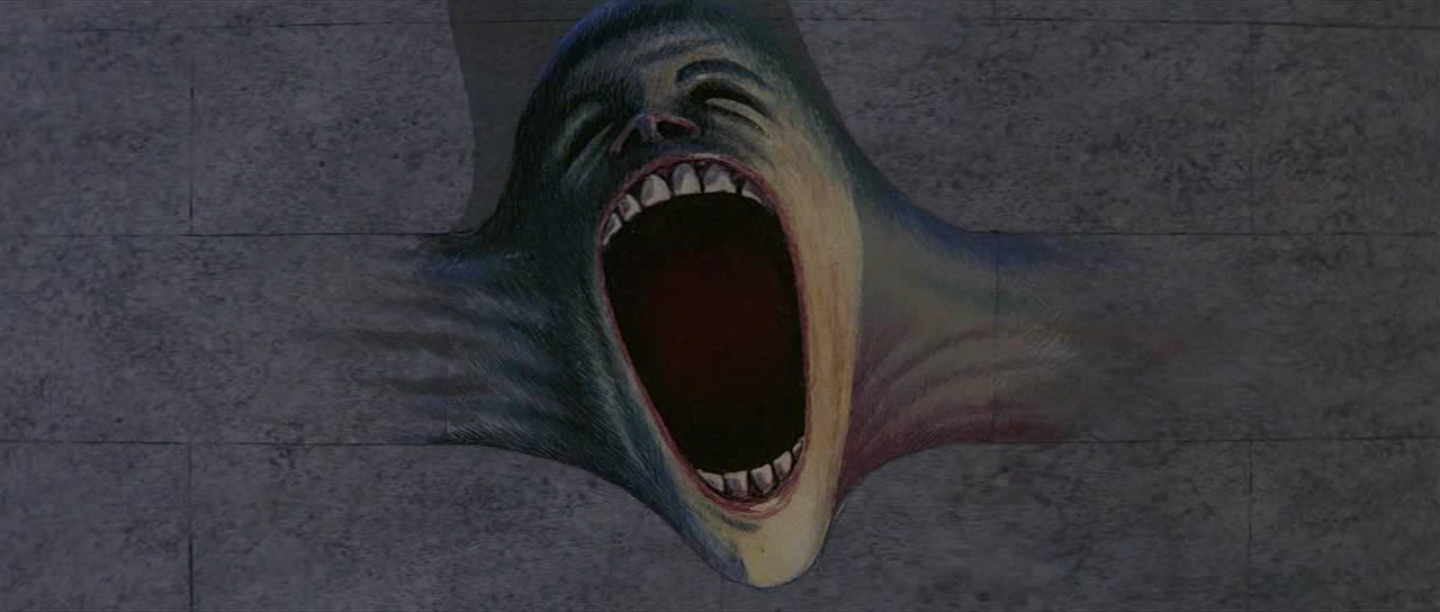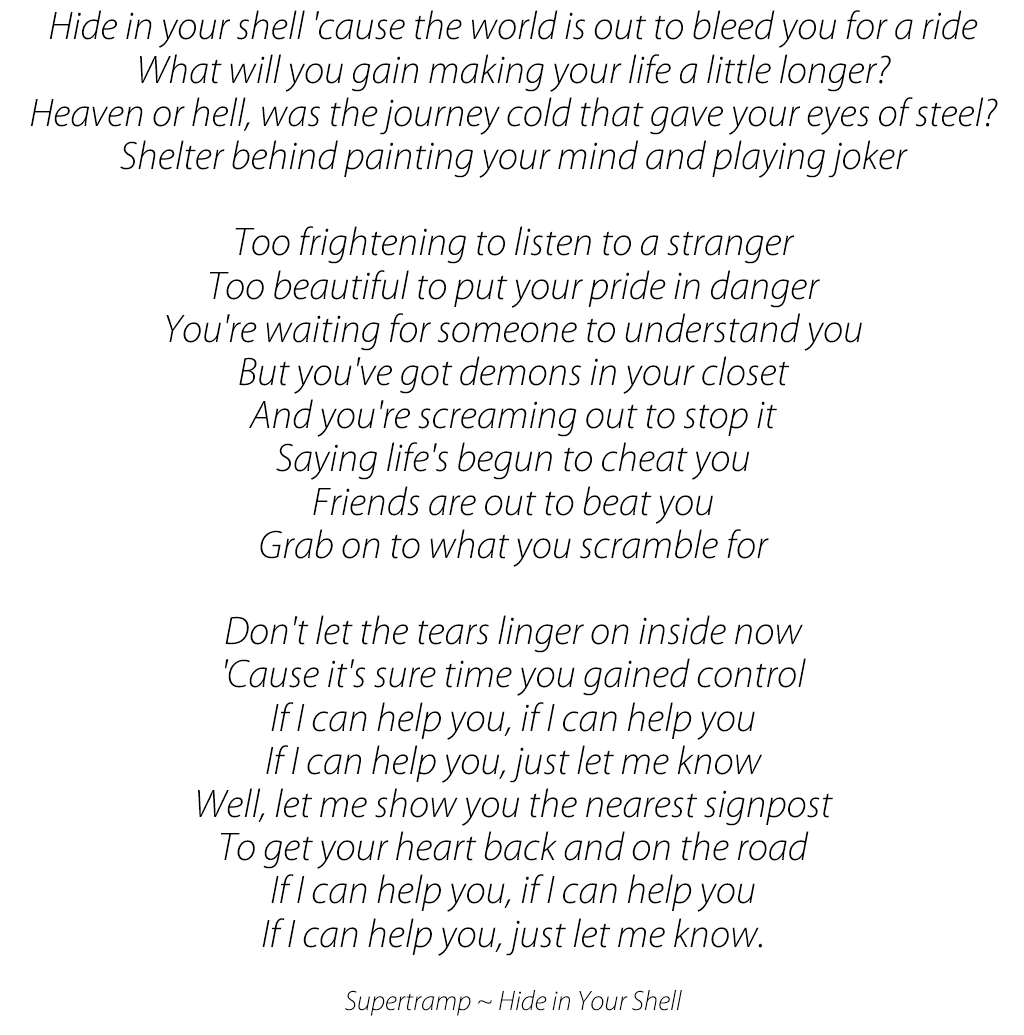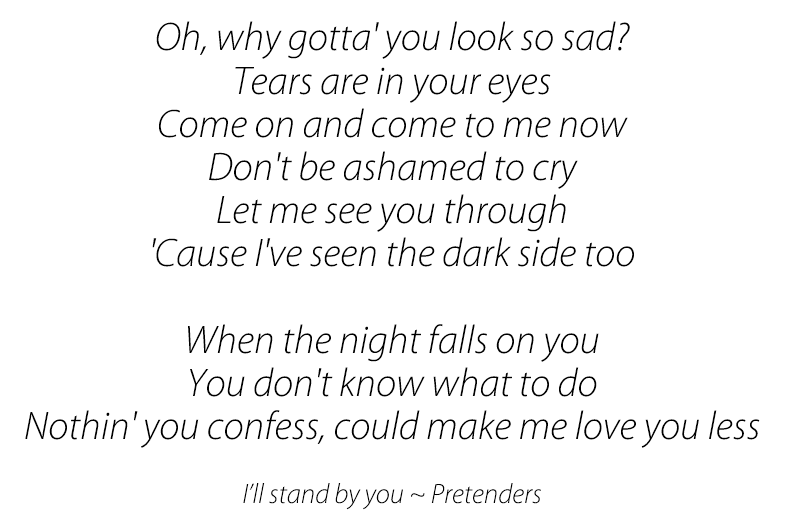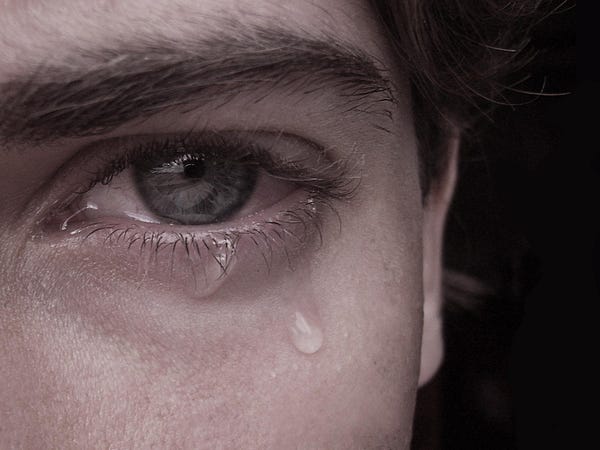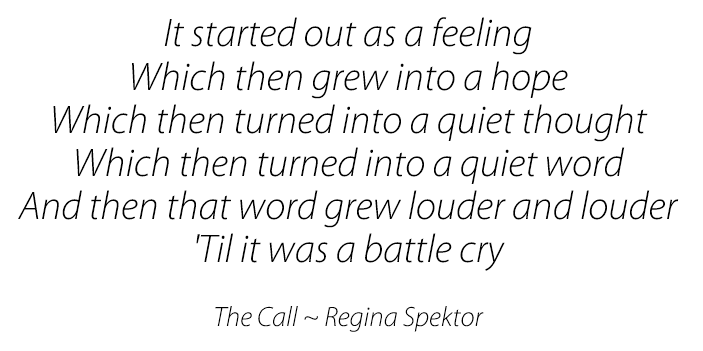Say What?
Many have heard the term "sexual predators", and there has been a decent amount of publicity around stings where someone, sometimes law enforcement, pose as children to try to lure people into potential illegal activity. The most famous is the show "To Catch A Predator". I take serious issue with using the word "predator" so lightly. Yes, lightly.
People who go online for solace from whatever is going on in their lives may or may not be looking specificaly for children for sex. There are a variety of motivating factors for their internet use and behavior. It is also worth noting that most of the people caught were not previously registered on a sex offender registry.
Accuracy
First and foremost, I would like to start with a little bit about accuracy. One of the links on the side of this blog is to an article discussing the protection of children from online sexual exploitation and solicitation. In it, they discuss a survey that many advocacy groups have since cited to say that online sexual exploitation and solicitation affects one in five children. Except that the survey itself found that adults only accounted for 3% of the online solicitation discussed in the survey. In other words, online solicitation does not affect one in five children, but 3%. Already we see that online solicitation of children is overblown.
I have discussed in other posts how the term "predator" is not only overused, but misused. There is no consensus on what it means to be a sexual predator, and most sex offenders, who have automatically earned the label of sexual predator just for violating a particular statute, do not reoffend sexually. Of those, only a small fraction have antisocial personality disorder (that means that only a small fraction of sex offenders who reoffend are psychopaths).
Why does this matter, you ask? Well, if we as a society are treating every single sex offender, regardless of their actual risk level, as if they will inevitably reoffend, what do you suppose that does to the sex offenders in question? Have you ever heard of self-fulfilling prophecy? By ostracizing sex offenders, we increase recidivism. Common sense says that. The Center for Sex Offender Management says that. Expert therapists say that. Yet the American people, and people around the world, are stubbornly clinging to the idea that sex offenders are dangerous, end of story. This is a myth.
Using the term "sexual predator" to refer to every single person who meets the qualifications for the label "sex offender" overreaches the intent of sex offender laws. The idea behind the sex offender registry was to create a list for law enforcement to use when a sex crime with no further leads happened. It was originally meant as an investigative tool (if you want a full history, you can find one here). Now, it is a label that we use to ruin someone's life, regardless of the circumstances in which a crime was committed, regardless of their likelihood to reoffend.
Sympathy? Or Prevention?
Should you feel sympathy for these people? Probably, but that is not my point here. My point is that when you take anyone who has behaved a certain way, and treat all of them the same and ignore the reasons why they behaved that way, you have no way to weed out the people who will learn their lesson the easy way, those who will learn their lesson the hard way (or anything in between easy and hard), and those who will inevitably reoffend. Without being able to make those distinctions, we recreate the tragedy of the original sexual offense and allow it to continue. Not only does the behavior affect the victim and the perpetrator, it affects everyone around the perpetrator as well. That is why Women Against Registry exists.
And without those distinctions, we cannot sentence people in accordance with the severity of the circumstances in which the crime was committed. The people who could have just gotten help and re-entered the community now are haunted the rest of their lives. And the facts tell us that these people are not some small minority of sex offenders, they are 85% or more. Nationwide, over 600,000 people who can never move on and are treated the same as the remaining 200,000 or so. There are risk assessments that can accurately make these determinations. But we do not use them, under the myth that those who have offended sexually once will do so again.
Stings And Cuffs, Not Help And Empathy
One of the biggest problems with stings is that they aim to slap cuffs on whomever takes the bait, without regard to the consequences. As I detailed in my recent post about sex offenders, not all sex offenders are mandated to treatment as part of their sentence, even though treatment can cut recidivism by half. Studies show that not only do sex offenders not reoffend, treatment is extremely effective.
Why does this matter, you ask? Because the people who are not motivated by sex, but were just lonely and looking for the first person who paid attention to them, are now slapped with a label they do not deserve. Because the people who are seeking out children are a small minority, and they are now lost in the crowd of people who are not seeking out children.
Most of these people would do fine with probation and treatment. Most of these people need the adult equivalent of a 10-minute time-out and a chat about why they hit little Sally on the playground, and be asked what can be done to help them not do it again. A little planning session to figure out why Sally was hit, and how to avoid it in the future. The adult equivalent is therapy, not months or years in jail or prison. They need better coping mechanisms, better decision-making, a better support system of people to go to when they are feeling negative about life. What they need is hardly what they get by slapping cuffs on them.
So, what happens when you take someone who would ordinarily be amenable to treatment, wants to rebuild their life in a positive way, but give him a stiff fine and jail time, without being given resources to help him rebuild? That very question is the issue with the term "sexual predator" being used lightly. By putting all of these systems to punish in place, and not enough to figure out why the offense occurred and guide people to the help they need, we increase sex crimes.
Terminology, Again And Again And Again
The word "predator" implies an instinctive drive to prey upon something. It refers to an animal or human that seeks to get something by finding that prey and getting what they want. Mercy is not implied. Conscience is not implied. Mitigating factors are not implied, just the predator-prey relationship and the innate drive.
It is not a word that can be applied to most sexual offenders. We know this through the facts we have at our disposal that show that most do not reoffend. We know this through the expert therapists who have said... sexual offending is not about sex. It is about terrible coping mechanisms to deal with the pressures and trials of life. We have the experts, we have the research, we have the knowledge. But we as a nation, as a world, are refusing to believe the facts.
Therefore, I recommend sexual solicitors, or sexual solicitors of children. If we must make the same old mistake of defining people by the negative behaviors they did, then we could at least define them accurately rather than playing on people's fears, on myths, and on blind hype. If we are to use the weighty, loaded terms, let us use them on the recidivists, the true psychopaths, the minority that deserve such labels. Not on anyone we pretend we cannot understand because they are "not human".
A journey through realization, despair, lethargy, awakening and acceptance
This is my most personal post to date. I feel very comfortable analyzing things from a rational, logical, factual point of view and then putting them down into written word. Writing about my feelings, however, is a completely different topic. I hope this post gives a different perspective of what it’s like growing up and living one’s life as a pedophile.

